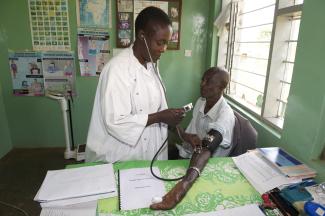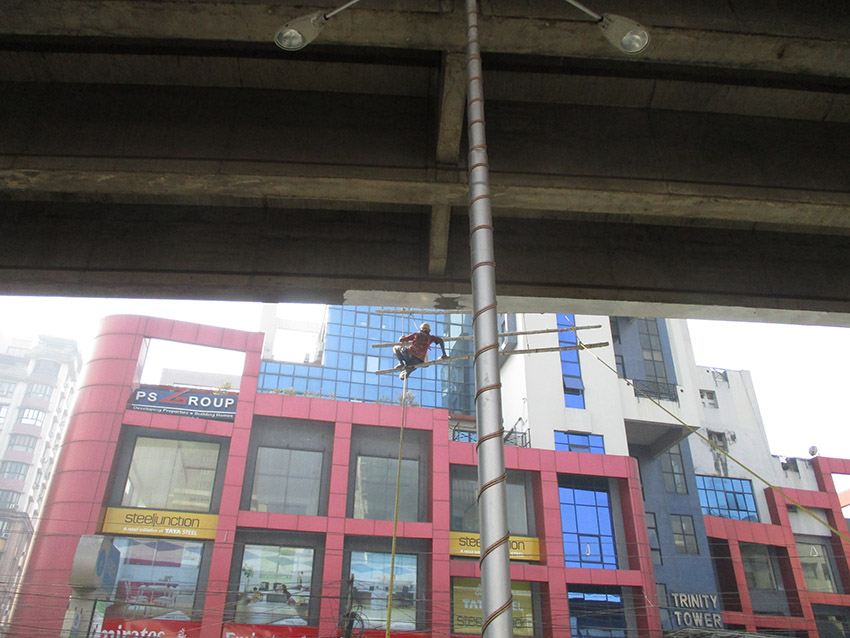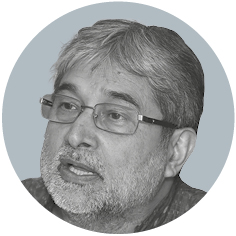Editorial
Appropriate business environment

- Though there is enough food on Earth to feed everybody, many poor people simply don’t have the money to buy what they need. Hunger and malnutrition thwart their own and their children’s potential for growth – in both the bodily and the business sense of the word.
- Though urban poverty is conspicuous, hunger and malnutrition are mostly rural challenges. Those who stay hungry too often or even every day, tend to live where the dominant industry is food production. Even in fertile areas, the landless poor live in harsh deprivation.
- Though humankind has enough food for everyone in principle now, that is likely to change. The world population is growing, particularly in poor regions, and climate change is causing more floods, droughts and storms.
These things are well understood, and we know how to rise to the challenges – at least in theory. As our authors argued in the D+C/E+Z focus section in March 2012, policymakers must focus on the rural poor. The productivity of smallholdings, which tend to be environmentally friendly, must improve. The way to achieve that is to teach people better methods, train them in new skills and provide them with up-to-date inputs and adequate infrastructure.The vision is beautiful. As small farms’ production increases and transport links to urban agglomerations improve, food-processing enterprises will become viable in rural areas, creating value and generating employment. Family farms will be the foundation for diversified economies in villages and small towns. Even migration to megacities will slow down as people build a future at home.
There is a snag of course. This vision has been around for decades. It is basically what integrated rural development programmes (IRDPs) were supposed to achieve. Related policies, however, have proven very difficult to implement because success depends on many components and agents. Peasants must accept the new approaches and eagerly apply new skills – including accountancy. Literacy and numeracy matter, so schools do too. Farm productivity must rise as foreseen by extension-service experts. Expensive infrastructure has to be built from scratch and serve transport needs that are yet to emerge. Private entrepreneurs must grasp opportunities to start agribusinesses as envisioned by regional planning.
Yes, the success of IRDPs depends on a lot of government action and coordination. All too often, programmes have petered out without achieving much. They have rarely improved the livelihoods of the most needy people: landless and unskilled families.
It is obvious that rural poverty cannot be eradicated unless rural regions become part of flourishing market economies. The private sector certainly has a role to play, but it will only do so if government action creates the right kind of rural business environment. Comprehensive rural infrastructure is nothing private-sector companies will fund. In lack of an appropriate investment environment, private investors will stick to the business models they know. In management terms, it is no particular challenge to make money with huge plantations regardless of environmental and social downsides. The recent surge in large-scale land transactions in developing countries is a bad omen. Humankind needs strategies to improve the livelihoods of the rural poor, not business deals that displace them.













